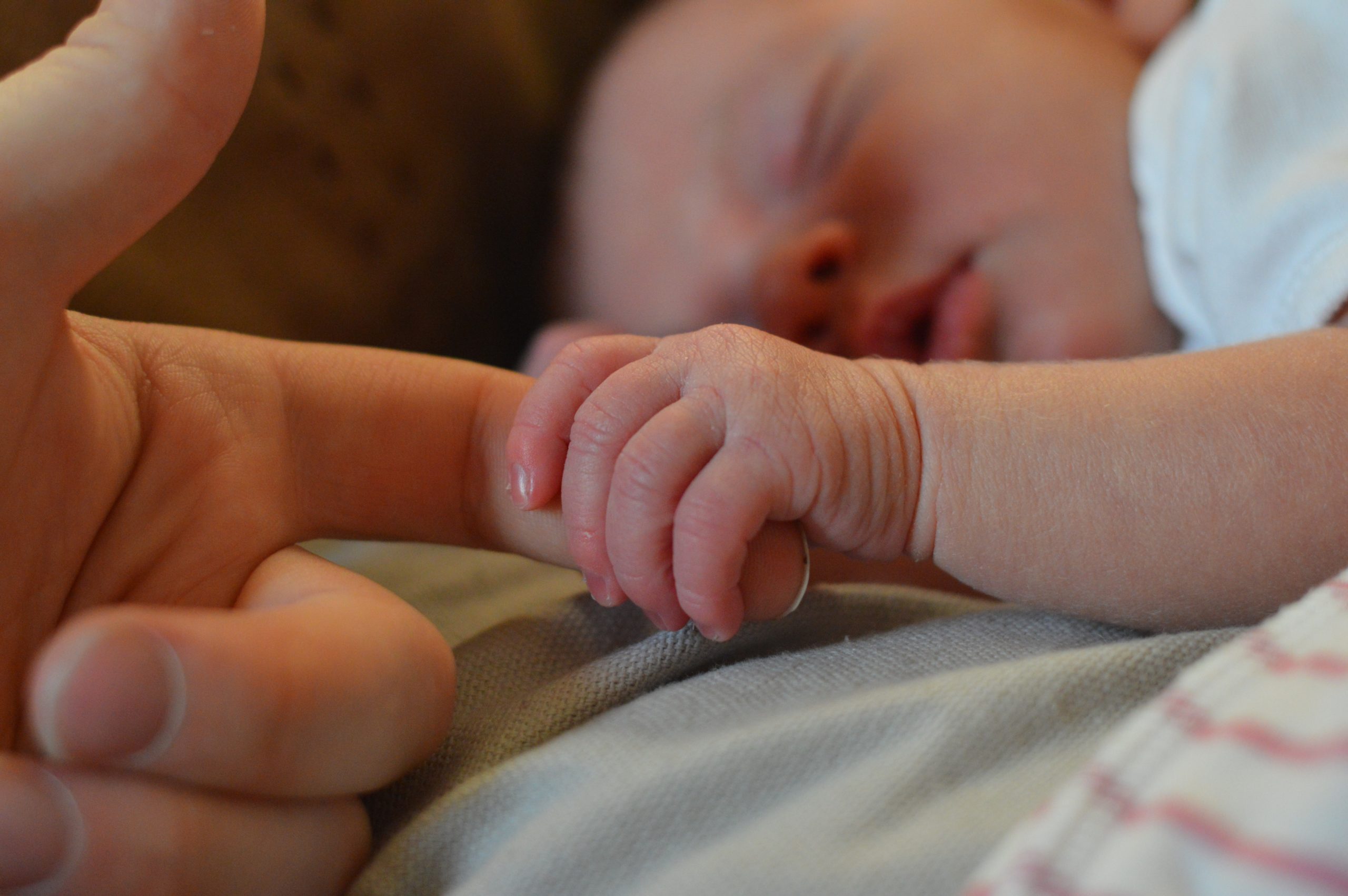
Facial Palsy in Newborn
Facial palsy in newborn can occur for a variety of reasons. While it is sometimes a symptom of an underlying condition, such as a tumor, often times facial palsy is due to trauma during childbirth. During a childbirth, the nerves in the face get damaged and lead to the facial paralysis. Facial palsy means that the infant is unable to move face muscles. It can affect one side of the face, or the entire face. Facial palsy in newborns may be result in the infant being unable to close their eyes, swallow, or produce tears.
Causes of facial paralysis
Facial paralysis can be caused by a birth injury, disease, or a genetic condition. One cause of facial palsy in newborn is Bell’s palsy. Scientist do not know the cause of Bell’s palsy, but it is thought to be due to inflammation directed at the facial nerves. Bell’s palsy is not typically permanent, and recovery often occurs within 6 months from symptom onset.
Another cause of facial paralysis is trauma during childbirth. This can occur during delivery if the doctor grasps the head of the newborn obliquely, or if forceps are used to extract the newborn from the birth canal. According to an article published in the Journal of the American Medical Association, facial palsy caused by forceps is a common occurrence, and it affects 8.8% of births that use forceps delivery.
Facial palsy can occur when an infant suffers a stroke. A stroke can occur when there is insufficient blood flow to the brain or bleeding in the brain. A stroke is a medical emergency and requires immediate treatment. In addition to facial paralysis, the stroke can cause such a weakness or seizures.
Other causes of facial palsy can be a tumor or a genetic condition, such as Moebius syndrome or other craniofacial abnormalities.
Contact our birth injury attorneys for a free consultation
Take the first step to make things better for you and your child.
Signs and Symptoms of Facial Palsy in Newborn
- Drooping of the mouth
- Reduced tear production
- Uncontrollable drooling
- Difficulty feeding
- Problems with cooing or crying
- Loss of facial control
- Sensitivity to sound

Diagnosis and Treatment
To diagnose facial palsy, the doctor will take a detailed history to determine when the symptoms appeared and the severity and extent of the symptoms. The doctor may order a blood test, blood pressure test, or imaging studies of the child’s head as well.
Often times, facial palsy can be treated with physical therapy combined with treatments with botulinum or steroids.
Other times, surgery is required. A muscle transfer can treat facial palsy by moving a tendon or muscle from another area of the body to the face in order to restore movement. Nerve grafting treatment moves nerves from different parts of the body to the face to restore movement and sensation.
When to call a birth injury lawyer
If your baby’s facial palsy was caused by a birth injury, it may have been completely avoidable. Physicians who make mistakes and fail to appropriately use tools such as forceps can be held responsible for the injury to the newborn. A birth injury lawyer can help you file a medical malpractice claim.
We recommend contacting a lawyer as soon as possible, because statutes of limitation exist in each state, and you don’t want to miss a deadline for filing your claim. Our attorneys have extensive experience filing medical malpractice claims and can seek compensation for your child’s past, current, and future medical expenses. They can also seek payment for the pain and suffering that this injury caused for your child and your family. Contact us today to learn about your legal options.
How A Birth Injury Law Firm Can Help
The birth of a child brings tremendous joy to new parents and families. This can be lost when a tragedy like birth injury or birth trauma occurs. A child can be seriously injured, permanently disabled, require life-long care, or even result in fatalities from a neonatal injury. The physical, emotional, and financial hardships endured by the parents, siblings, grandparents and other loved ones of a child injured at birth can be overwhelming and devastating.
ANYTHING IS POSSIBLE WHEN YOU HAVE THE RIGHT PEOPLE THERE TO SUPPORT YOU.
Misty Copeland
send us a message
Contact us today to see how we can help you and your child
